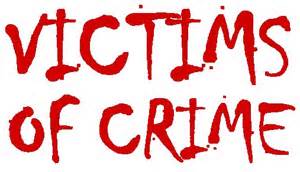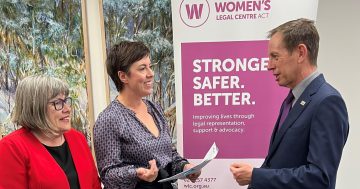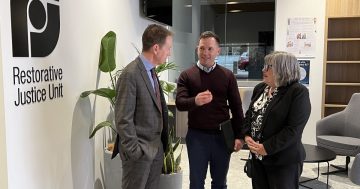
In March last year I posted an article on restorative justice and in it I talked about the types of victims of crimes there were. Primary, secondary and tertiary.
I indicated then that the primary victims, of course, are those who are the immediately affected person, such as a victim of an assault or a kidnapping; a person who has been robbed. You get the point.
The secondary victims are the families of the primary victim, bystanders affected by gruesome sights, emergency services personnel; essentially those who have been affected by but were not the target of the crime.
The tertiary victims are those members of the offenders’ families who were innocently affected by a crime. The example I drew was that of the family of a paedophile who were unaware of his activities until the police turned up.
You can see a copy of the report at http://www.parliament.act.gov.au/in-committees/previous-assemblies/Standing-Committees-Fifth-Assembly/Standing-Committee-on-Community-Services-and-Social-Equity/06.-The-forgotten-victims-of-crime-Families-of-offenders-and-their-silent-sentence.
In the earlier post, I talked about the notion of restorative justice and the idea that “restoration” is and should not be only directed at the “rehabilitated” offender; that is, his/her restoration into the community from which they come. Of course this is part of the story and we hear a lot about services aimed at restoring the offender back into the community and all the difficulties this presents. There is usually a correlation between successful restoration and recidivism rates.
But restorative justice also includes restoring the victims (compensation, counselling etc), restoring the community from the damage it caused that community (fears of lack of community safety, damage to property are some examples) and help for the families of offenders (and we give very little as a community to give that help).
More often than not though, a community expects a government to shoulder the burden of restoration. But it is really a community which can deliver the healing. Governments are “the system” which let the victims down. That’s why we have the victims of crime financial assistance process.
Now the process of assistance through the Victims of Crime Commissioner is an administrative one, provided as part of government assistance, delivered by people of the government payroll. They, unfortunately, are part of the system which let the victims down in the first place and thus can only be partially successful in addressing the concerns of victims.
A visit to their website will be helpful. It is at http://www.victimsupport.act.gov.au/victims-of-crime-commissioner. This service is extremely valuable and necessary.
But it is not part of the community. It can’t pretend to “understand” the pain and suffering felt by the three types of victims. However, a community based NGO does exist to provide that service.
This is the Victims of Crime Assistance League (VOCAL). It has an office in Narrabundah, is staffed by volunteers and has role specific volunteers who provide that one on one service to victims.
Their website is worth going to as well. It is http://vocalact.webs.com.
Their most recent patron was the late Gwen Winchester. This speaks volumes in itself.
The worry that I have is that the ACT Government removed the financial support from VOCAL in 2014 and it had to go totally volunteer in 2015. This is really not good enough.
If one of the most important measures for successful restoration is involvement of the community, for the community, and by the community, why would anyone remove funding of such a small amount and fully fund a public sector service? These two services should work hand in hand and be supported by the ACT Government to ensure successful restoration.
The value of VOCAL has been demonstrated by the contribution of the Snow Foundation and many small individual donations. So the ACT Government should recognise the partnership needed for success and restore the funding to VOCAL.





















